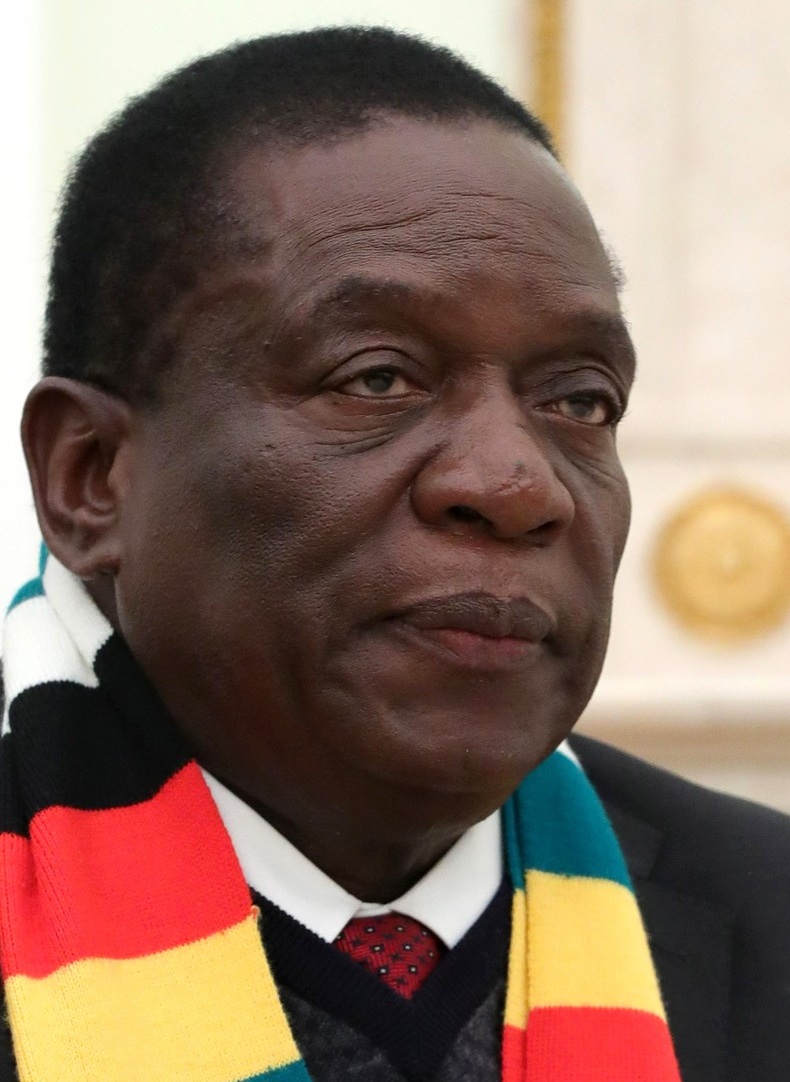President Emmerson Mnangagwa has further shrunk Zimbabwe’s civic space since he took over power from his predecessor, Robert Mugabe, in November 2017, research findings by the Zimbabwe Democracy Institute (ZDI) have shown.
According to the recently published ZDI study titled: “Civic Space Contestation ahead of 2023,” there has been a notable 12.5% deterioration in the state of freedom of the public space during President Mnangagwa’s tenure in office.
“Findings of the study show that the closure of the civic space has worsened since the ascent to power of President Mnangagwa,” reads the report.
“The study found that the attitude/behaviour of President Mnangagwa towards Civil Society Organisations (CSOs) has been more hostile compared to what was there during Mugabe’s era. 84% of the respondents noted that the government’s attitude towards civil society in Zimbabwe is hostile whereas 10% of the respondents highlighted that the attitude of the government towards civil society is friendly, while 6% said they do not know how the government operates with civil society. Given the 84% recurrence of perceptions of government.”
The government, according to the study has shown its hostility through a number of legal and political designs key among them being the denigration of CSOs by senior government officials using state media, threats from President Mnangagwa, a hostile local government infrastructure, police harassment, and opposition to CSOs and weaponisation of law against CSOs.
“Legally, the ZANU-PF government has weaponised the law to give effect to the harassment and arbitrary arrest and detention of CSO leaders,” says the report.
“For instance, on 26 February 2019 the director of Heal Zimbabwe Trust (HZT) Rashid Mahiya was remanded in custody until 12 March 2019, charged with “subverting a constitutionally elected government” under Section 22 of the Criminal Law (Codification and Reform) Act. His arbitrary arrest came after he, and other human rights defenders, was put on the police ‘wanted’ list, following the national strike that took place between 14 and 16 January 2019”.
The report further cites the arrest of Amalgamated Rural Teachers Union of Zimbabwe (ARTUZ) leader Obert Masaraure as a clampdown on CSOs by the government of President Mnangagwa.
“The use of state institutions and government departments to interfere with the work of CSOs is another strategy used to restrict the operating environment of civic groups in Zimbabwe,” says the study.
“In June 2021 Tafadzwa Muguti, the Provincial Development Coordinator (PDC) of Harare issued a directive requiring all CSOs operating in Harare to seek permission to operate through his office and submit work plans and information on projects by 9 July 2021. This directive was intended to control the operations of all CSOs and Non-Governmental Organisations (NGOs) in Harare.”
The Crisis in Zimbabwe Coalition at the time argued that Muguti’s directive was meant to criminalise operations of non-governmental organisations critical to the authoritarian nature of the Zimbabwean government.
While the Provincial Councils and Administration and the Private Voluntary Organisations (PVO) Bills are yet to be passed, the research says they have achieved the intimidation and self-censorship outcomes.
“CSOs are finding it difficult to implement their activities as the operating environment continues to be constrained through legal means as well as arbitrary measures, intimidation, and physical harassment,” says the report.
“The deployment of restrictive administrative procedures such as the need for CSOs to sign Memoranda of Understanding (MOUs) with local government institutions is another aspect of government hostility towards democratic forces in
Zimbabwe. Overall, the government of President Mnangagwa appears determined to make it difficult for CSOs to operate freely ahead of the 2023 elections.”

